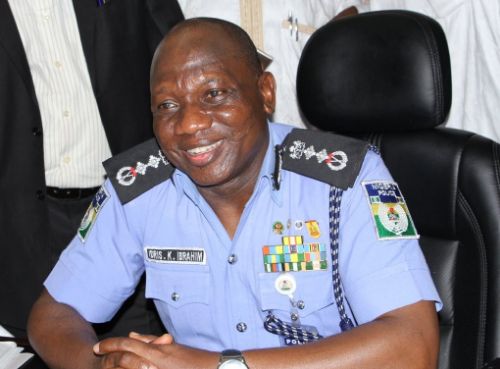NJC to punish Judges over conflicting judgments

Chief Justice of Nigeria (CJN), Justice Mahmud Mohammed, on Monday, disclosed that the National Judicial Council(NJC) has commenced the investigation of judges who gave conflicting judgements from same courts with co-ordinate jurisdiction that are say to have exposed the country’s judiciary to ridicule.
Justice Mohammed disclosed this at the opening of 2016/2017 legal year in Abuja and the swearing in of 22 new Senior Advocates of Nigeria assured that appropriate action will be taken on offenders after the investigation.
Though, the CJN did not list the judges being investigated by NJC, the representative of the body of benchers Chief Onomigbo Okpoko (SAN) had insisted that the NJC must let Nigerian know what went wrong and what measures have been taken to prevent re-occurrence.
Justice Mohammed noted that several conflicting decisions were recklessly dashed out by the Court of Appeal last year in appeals arising from various decisions of the Electoral Petition Tribunals,given on election petitions filed by the parties who lost in the general elections conducted in April 2015.
Such decisions were made as the result of flagrant refusal of the Panels of the Court of Appeal involved to be bound not only by its own decisions but also by the decisions of this court, he pointed out.
Beside the court of appeal other disturbing conflicting judgments also emanated from the federal high court who in the last two months had delivered conflicting judgements over the suits instituted by the two factions of People’s Democratic Party (PDP) contesting leadership of the party and its national convention.
The Chief Justice of Nigeria also warned against the tendency to allow lobbyist to politicise the appointment of Chief Justice of Nigeria.
He therefore urged the judiciary to strenuously resist lobbyists from interfering with the appointments of a new Chief Justice of Nigeria.
Justice Mohammed who is due for retirement late this year said that allowing lobbyists to interfere with the appointment in the judicial will “undoubtedly and irreversibly hurt our justice system”.
According to the CJN, the Constitution of the Federal Republic of Nigeria was clear as to the procedure that must be followed in appointing a Justice of the Supreme Court or a substantive Chief Justice of Nigeria and such must be adhered to in appointing the next Chief Justice after his tenure.
On Supreme Court performance during the year, Justice Mohammed noted that the apex court was overworked handling 1489 matters consisting of 908 motions and 581 substantive appeals, on which 268 judgments were delivered last year.








